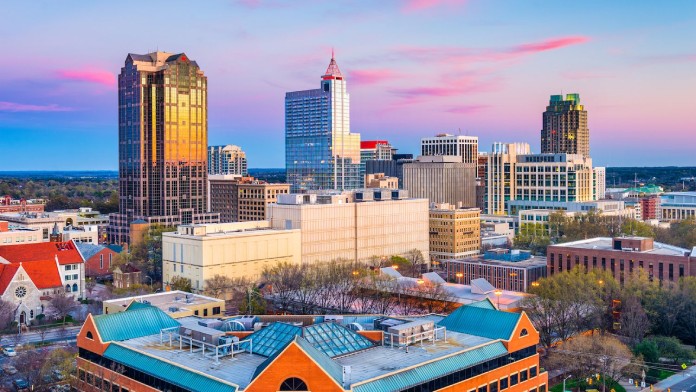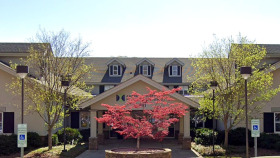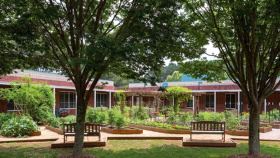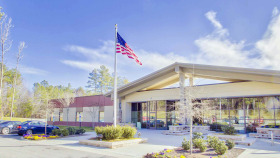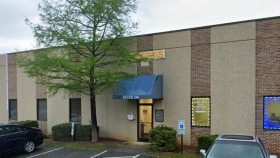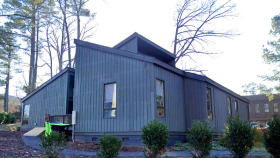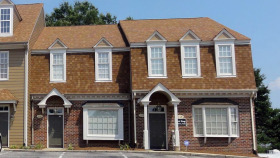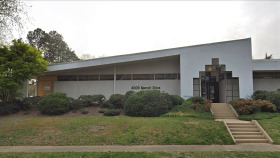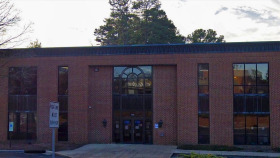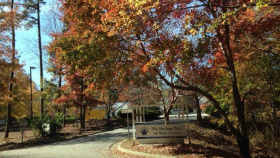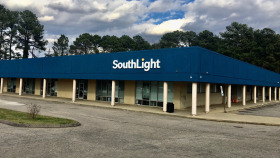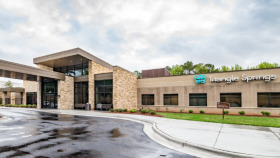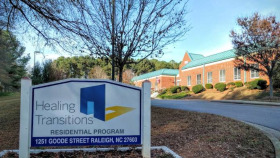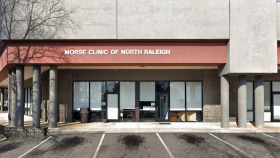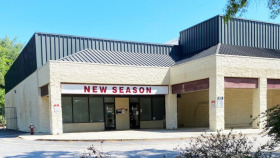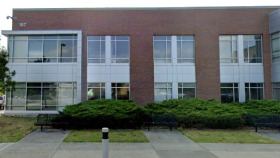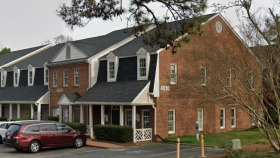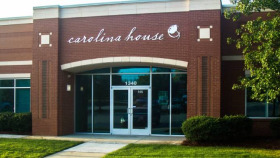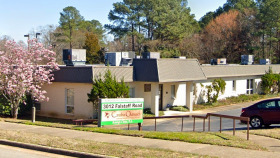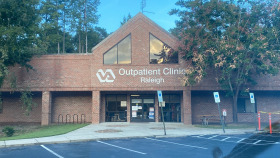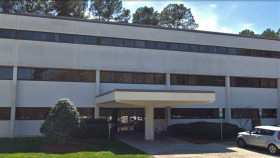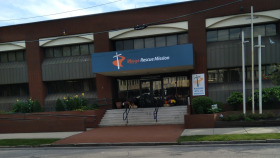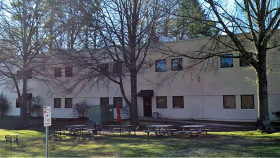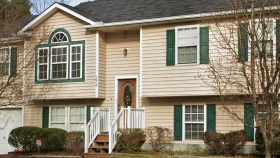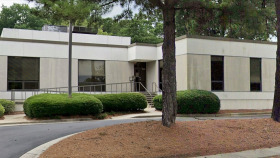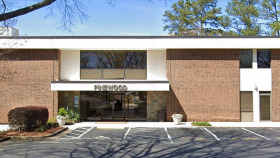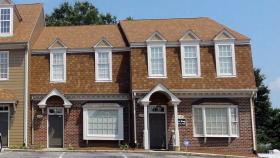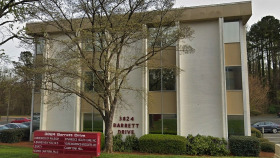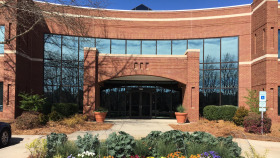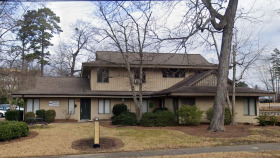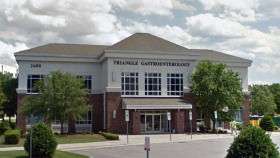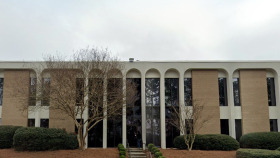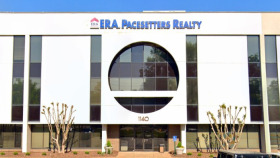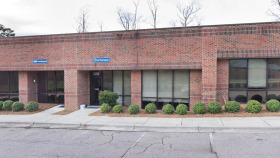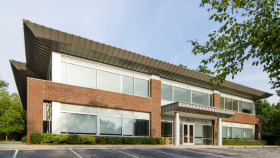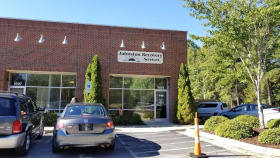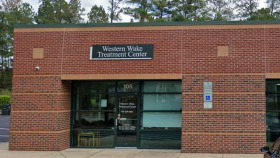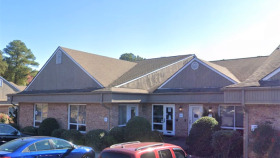Expert Insights
Talk about a mom on a mission. Leah Wright is a first grade teacher who found out the hard way it’s not as easy as people think it is to find treatment for a loved one struggling with opioid addiction. So Leah decided to do something about it: she raised the money to open a high school in Wake County designed specifically for students overcoming addiction.
According to Leah, when she was trying to find treatment for her teenage son’s addiction, she quickly realized there weren’t enough resources for adolescents. She was turned away from every rehab she called due to the fact they didn’t accept patients under the age of 18.
She partnered with Addiction Professionals of North Carolina to open a recovery high school in Raleigh. The school provides an accredited education course, as well as substance abuse treatment and certified drug counselors. Recovery schools are designed to be part of a step-down program for teens in recovery after completing a 30-day inpatient addiction treatment program. Wake Monarch Academy opened in 2020.
~ Nikki Seay
Are There Low-Cost and Free Drug Rehab Centers in Raleigh?
Because Wake County wants everyone to have access to substance abuse treatment, they provide free options to those who cannot afford treatment when they seek it. The Wake County Mental Health Department supports a recovery-oriented system of care (ROSC) that certifies local agencies to provide much-needed mental health and substance abuse treatment services to you at low or free cost.
The county government receives funding from state and federal resources and then dispenses the funds to local agencies to provide services to anyone in need of help. Programs that can help pay for addiction treatment in Raleigh include:
- Medication Assistance Programs help you get prescriptions
- Treatment Accountability for Safer Communities (TASC) for incarcerated persons
- Community-based Residential Treatment Services for offenders
- Prison-based Services
- Child and Family Mental Health Services
- Telepsychiatry
- Alcohol and Drug Abuse Treatment Centers (ADATC)
- Veteran treatment centers for military
Contacting the Wake County Department of Mental Health is a great place to learn more about the programs and how to find the right free or low-cost drug rehab in Raleigh. They can also help you apply for Medicaid, Medicare, or private insurance through the Affordable Care Act, which can help you reduce the cost of drug rehab in Raleigh.
How Does Raleigh Compare in Alcohol and Drug Use?
There are many great options for drug rehab in Raleigh and alcohol rehab in Raleigh. No matter your unique needs or treatment preferences, the right program is out there, from low-cost and free rehabs to luxury and executive. Some programs take a faith-based approach to addiction recovery while others offer holistic treatment modalities, such as mindfulness and yoga.
Heavy Drinking and Binge Drinking
In a national health survey, 4% of Wake County women and 10.9% of men died due to alcohol or substance abuse. The survey also revealed the following for Raleigh residents:

9% of women in Raleigh engage in heavy drinking.
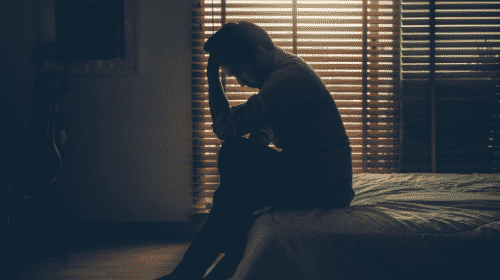
4% of men in Raleigh engage in heavy drinking.
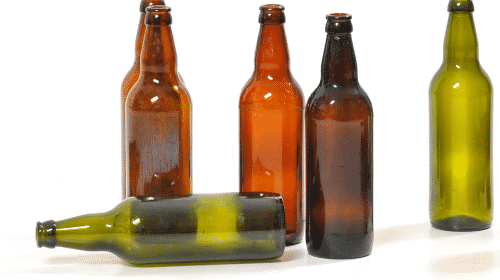
3% of women in Raleigh report binge drinking.
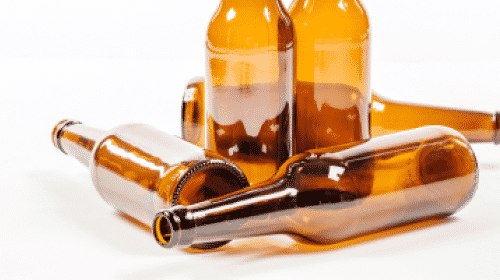
1% of men in Raleigh report binge drinking.
All category percentages are higher than the overall percentages for North Carolina and the United States.
The Opioid Crisis
The opioid crisis is hitting Raleigh just like every other city in America. Recent study results show North Carolina had a 73% increase in opioid use between 2005 and 2015. The latest reports from the Wake County Drug Overdose Prevention and Tobacco Use Initiative cover six months, from January to June 2019.
Researchers found there were:
Opioid incidences increased from 2018 to 2019, and show opioid deaths affected the following:
105 men and 32 women died because of a heroin overdose.
112 men and 46 women died because of synthetic opioids.
89 men and 47 women died because of prescription opioids.
Alcohol and Drug Laws in Raleigh, North Carolina
Below are some important North Carolina laws related to substance misuse:
North Carolina Recovery Courts: Non-violent offenders who are arrested for drug-related crimes can go through a court-ordered drug rehab program instead of serving jail time. These programs usually require participants to complete an inpatient rehab program while also undergoing rigorous drug testing and therapy sessions.
North Carolina Good Samaritan Overdose Law: Witnesses to overdoses can receive immunity from prosecution when they call 911 to save a person’s life. The law was enacted to encourage people who witness a potential overdose to summon emergency aid as quickly as possible in an effort to save the victim’s life.
Resources
- North Carolina Department of Health and Human Services. (2022). Mental Health and Substance Abuse.
- Centers for Medicare and Medicaid. (2022). The Mental Health Parity and Addiction Equity Act (MHPAEA).
- National Commission on Quality Assurance. (2022). NCQA Health Insurance Plan Ratings 2019-2020-Summary Report (Private/Commercial).
- U.S. Centers for Medicare and Medicaid Services. (2022). Mental Health and Substance Abuse Coverage.

